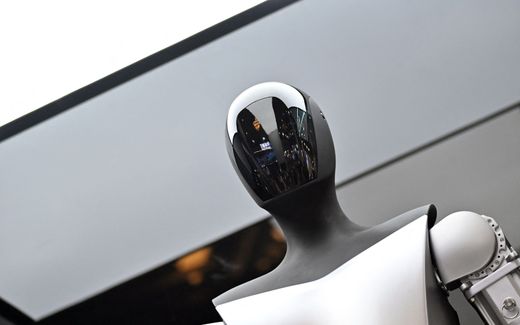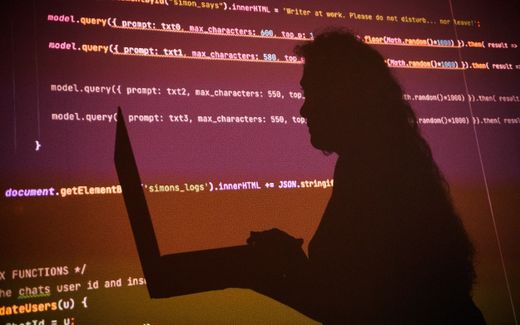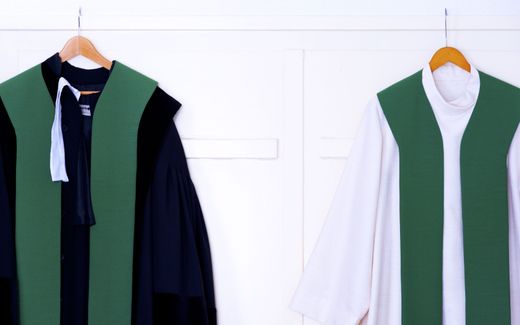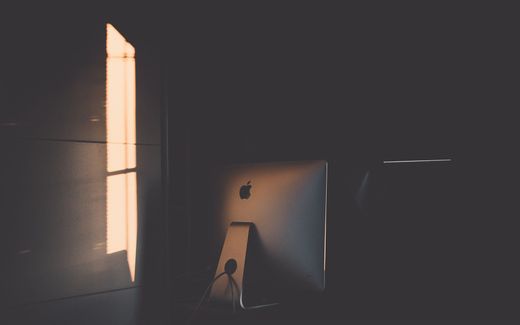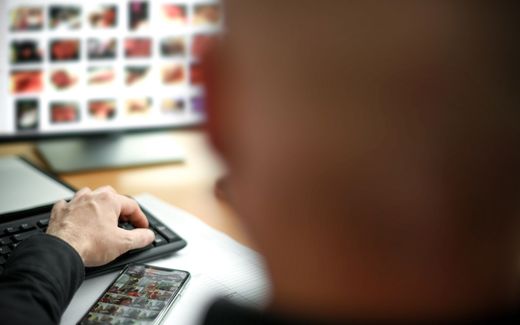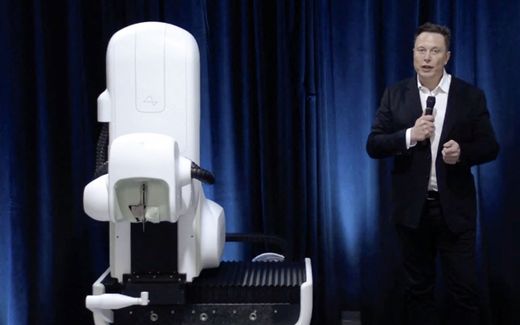Book review: The dangers of facial recognition
21-11-2023
Christian Life
Pieter Beens, RD
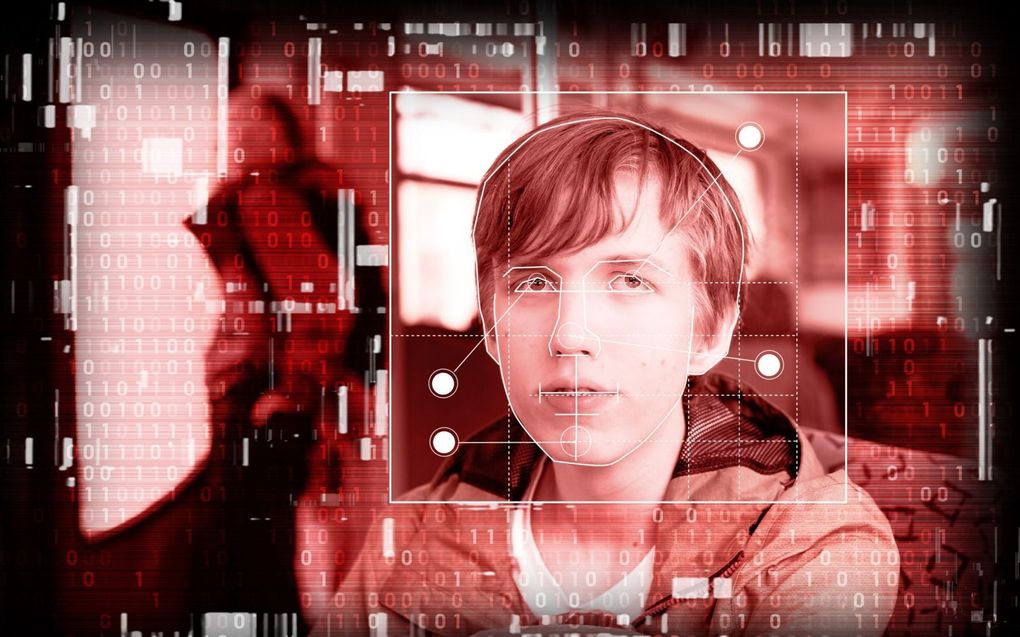
Phones can be unlocked by facial recognition. But what if someone uses the technology for malafide purposes? Photo RD, Jos Ansink
Christian Life
Unlocking a phone with your face is interesting, but facial recognition with a controversial app is different. In "Your face belongs to us", the American tech journalist Kashmir Hill describes this technology's history and possible future.
Bad news for anyone who has ever uploaded a selfie or group photo to Facebook, Instagram or any other website: a company has stored all these images and used them to build a facial recognition app used by police officers, dictatorial regimes and private individuals worldwide. The technology allows them to solve crimes, catch political opponents or 'just' find out who they bump into. Even individuals who never post photos of themselves on the internet may still show up in the database - for example, because others uploaded photos with them on them.
The company in question is called Clearview AI. Founder Hoan Ton-That, from Australia, shocked regulators, journalists and privacy advocates with his illegal photo collection. First, because he collected the photos without the owners' permission, and second, because he used them to create "faceprints" –digital patterns of a person's unique facial features– and capitalise on them.
Illegal
Despite all the fuss, Ton-That refuses to quit. In the United States, he tried to convince a judge, invoking freedom of speech, that the collection of the photos was not illegal.
Clearview AI's facial recognition technology –and that of many other providers– could change society forever because no citizen is anonymous anymore. The algorithms are also not flawless, argues Kashmir Hill, working at The New York Times, in her book "Your face belongs to us". Thus, The Clearview case is relevant for naive internet users, conscientious citizens and authorities eager to try out new technology.
I myself was researching Clearview AI in the Netherlands. Leaked data suggested that Dutch police officers were also trying out the app, and the government reacted confusingly to that news. Two years later, there is still little clarity on the use of facial recognition by Dutch authorities - and thus on facial recognition technologies that may harm citizens' fundamental rights.
Dream
The way Kashmir Hill got on the trail of Clearview AI sounds like a journalistic dream. Hill received a tip about the company's existence in late 2019 and decided to investigate. However, she encountered closed doors. Attempts to test the app failed because Clearview AI blocked her face in the app, and police officers who uploaded a photo of her in the app got a call from Clearview employees asking what they were doing. Hill's attempts to test the technology were, in short, closely monitored and thwarted internally.
That called for clarification. That finally came thanks to Hill's tenacity. It culminated in an article that caused worldwide controversy and led to several lawsuits and investigations against Clearview AI.
Broadcast
In "Your face belongs to us", Hill puts the entanglements surrounding Clearview AI in a broader perspective. She describes how (mostly American) scientists, authorities and companies have been developing techniques to recognise people by their faces since the 1950s. The stakes were often innocuous –a TV company, for example, wanted to track ratings by counting how many people watched a broadcast– but the implications are certainly not. Algorithms are fallible; datasets used to train them encourage bias and discrimination, and misapplication can lead to serious miscarriages of justice.
If, as in the case of Clearview AI, there is also an opportunistic developer with a disregard for civil rights who is asking for trouble. Practice has shown that Clearview AI has since had to defend itself in numerous lawsuits and received millions in fines from privacy regulators. Yet Ton-That is not letting that stop it. One day, people will see the added value of Clearview AI for tracking criminals, is his thought. He is confirmed in this by facial recognition tests in which the app scores highly and crimes that could be solved with the technology, even though Ton-That did not initially develop the app for that purpose.
Lessons
The main lessons of "Your face belongs to us" are, therefore, that technological advances without proper regulation can have serious consequences, that regulation often lags behind developments, and that there is still a serious debate to be conducted on the trade-off between technological opportunities and dangers.
It is a pity that the repetition of warnings and sometimes unsubtle political utterances ultimately make the book seem a bit tiresome. After all, the content is extremely readable, even for people who thought they had nothing to hide after reading the intro to this review. All those photos on social media could turn out to be detrimental on an evil day – simply because an algorithm is not infallible or an evil genius could run with it.
This article was translated and edited by CNE.news and previously published in the Dutch daily Reformatorisch Dagblad on November 17th, 2023.
Related Articles

